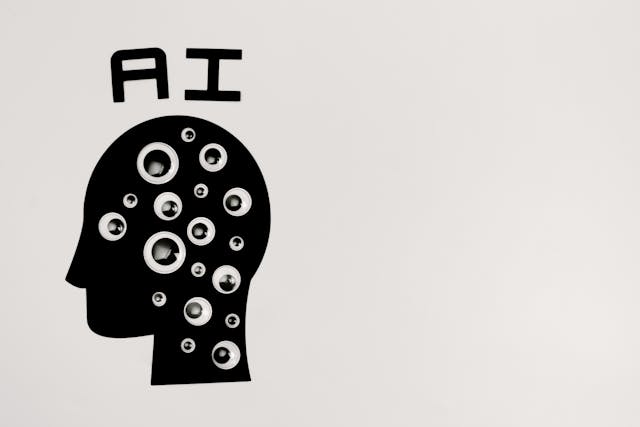The global race for artificial intelligence dominance has entered a new phase, and the spotlight is firmly on the Elon Musk China AI battle. While Musk has made bold claims about Tesla’s self-driving AI and his futuristic projects through companies like xAI, China has surged ahead with aggressive advancements in machine learning, robotics, and autonomous driving technologies. The recent developments highlight how Musk’s vision is facing its toughest challenge yet on Chinese soil.
Table of Contents
Tesla’s Struggles in the Chinese Market
China, the world’s largest electric vehicle market, has become the most intense battlefield for AI-powered mobility. Tesla once held a strong foothold, but in the context of the Elon Musk China AI battle, the company has struggled to maintain dominance.
- Chinese automakers such as BYD, Baidu, and Huawei-backed ventures are pushing forward with next-generation AI driving systems.
- Reports show that Tesla’s Full Self-Driving (FSD) software still faces regulatory barriers in China, giving local competitors an advantage.
- Meanwhile, Chinese firms are rolling out autonomous driving fleets, backed by government funding and vast data collection—areas where Musk’s ventures face restrictions.
Rising Chinese Rivals in AI
The Elon Musk China AI battle is not just about electric vehicles—it’s a clash of technological ecosystems. Beijing’s AI strategy has spurred innovation across multiple sectors:
- Baidu’s Apollo Go is already running robotaxi services in major Chinese cities.
- Huawei’s ADS 2.0 has demonstrated impressive real-time autonomous navigation capabilities.
- Local startups are gaining momentum by leveraging China’s massive domestic data pools, something foreign companies like Tesla cannot easily access.
These factors have tilted the balance of the AI race, leaving Musk’s projects under pressure to deliver breakthroughs fast.
Political and Strategic Dimensions
The Elon Musk China AI battle is not purely technological; it carries political weight. U.S.–China tensions over tech supremacy, export controls, and national security make Musk’s position precarious. While Tesla operates one of its largest gigafactories in Shanghai, Beijing’s push for technological independence could gradually sideline foreign players.
Analysts argue that Musk’s attempts to expand AI development through xAI may face the same geopolitical roadblocks that have hindered other U.S. tech firms in China. A senior policy expert recently warned, “China wants AI leadership to remain in Chinese hands. Musk’s ventures will always face an uphill climb.”
What This Means for Global AI Competition
The outcome of the Elon Musk China AI battle could redefine the global tech landscape. If Musk loses ground in China, Tesla and xAI risk falling behind in AI integration for real-world applications such as autonomous driving, robotics, and smart infrastructure. Conversely, if Chinese firms solidify their lead, they could set international AI standards, sidelining Western companies in the long term.
For investors, policymakers, and consumers, this battle is more than just about cars—it’s about who controls the future of intelligent machines.
FAQs on the Elon Musk China AI Battle
Why is China such a critical arena for AI competition?
China has the largest EV market, state-backed AI initiatives, and vast access to real-world driving data—making it the most competitive environment for AI innovation.
What are Musk’s biggest challenges in China?
Musk faces regulatory restrictions, lack of access to domestic data, and stiff competition from Chinese companies like BYD, Baidu, and Huawei.
Could Musk’s xAI help him win the AI race in China?
While xAI shows promise, it still faces geopolitical hurdles. China prioritizes domestic AI leadership, making foreign dominance unlikely.
What happens if Musk loses the China AI battle?
If Musk loses, Tesla may struggle to compete in the world’s largest EV market, and China could shape the global AI standards instead of U.S. firms.
Conclusion
The Elon Musk China AI battle is shaping up to be one of the defining struggles of our time. It’s not just about technology but about global power, policy, and control of the future. As China races ahead with AI-driven vehicles and robotics, Musk faces a critical test: adapt to the new reality—or risk watching Tesla’s AI ambitions be overshadowed on the world’s most competitive stage.
For more in-depth coverage of geopolitics, technology, and global affairs, visit Documentary Times.
